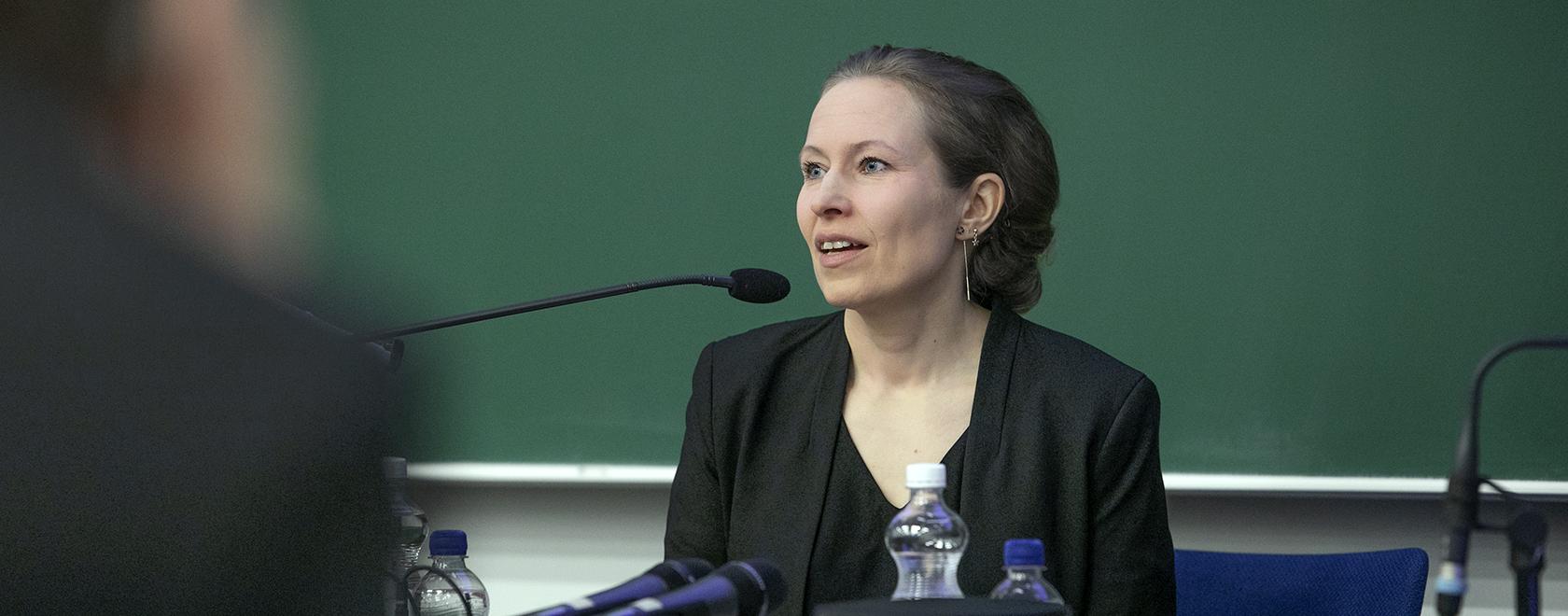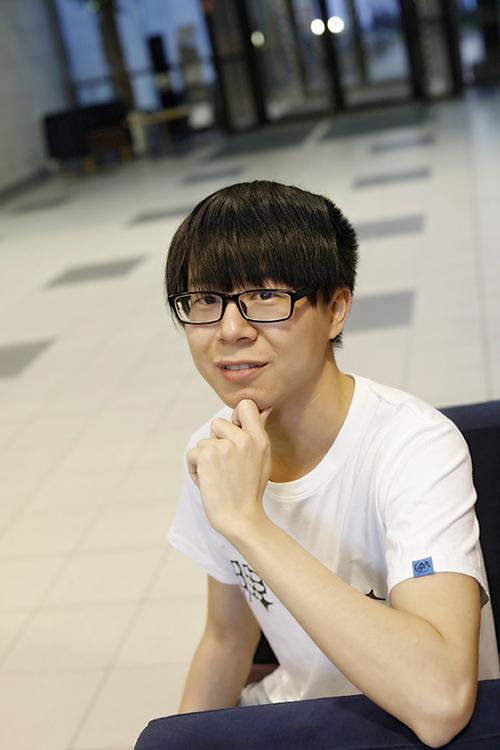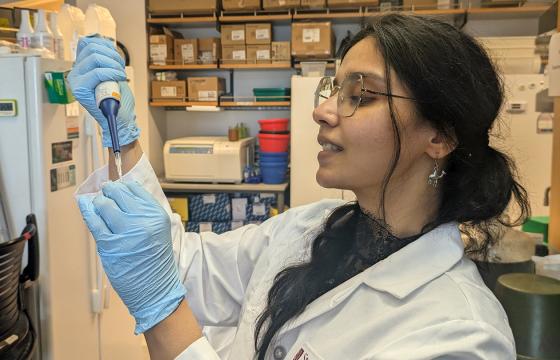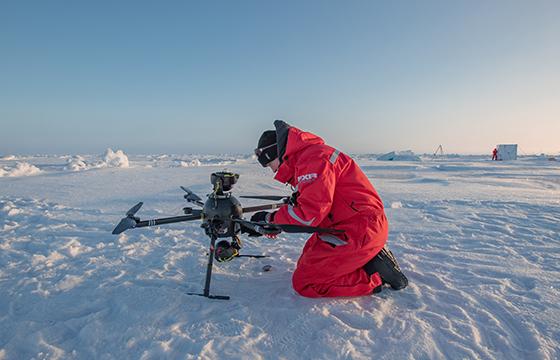
Doctor of Social Sciences Paula Rauhala studies the history of edition, translation and reception of Karl Marx's Capital between the Soviet Union and the West: in divided Germany and Finland. "Thanks to the grant, I can work in libraries and archives in Germany. I'm also studying to become a German translator, so it's great that I can finally live in Germany for a longer period of time and develop my language skills," says Rauhala excitedly and tells about her research.
"For many, Marx brings to mind pompous Soviet statues and red flags, where the old Marx poses sullenly next to Lenin and Stalin. In fact, however, he was a European mid-19th-century thinker, not a Soviet one," says Rauhala. In her project, she breaks down what in the original language editions of Capital - and in the Finnish translations of the work - is filtered through 20th-century ways of thinking.
According to Rauhala, our image of Marx as the "classic" of the Soviet ideology Marxism-Leninism, is largely derived from the massive publishing projects financed by the Soviet Union and the GDR, including the editions of Capital produced in these countries. Essential research questions are: how do the editions of Capital produced in East and West Germany during the Cold War reflect the controversy over to whom Marx belonged as a classic, the social democrats, the radical left or Soviet Marxism? How the Soviet ideology is reflected in the Finnish translation of the work? Should the 110-year-old (and only) translation of the first volume of Capital be updated?
Chaoxiong Ye, Doctor of Philosophy, is studying the cognitive mechanism of the two-phase model of visual working memory and its application. "I am excited to share that my research aims to understand how our brain processes visual information and allocates resources to support our working memory", Ye explains. To investigate this, Ye and his team proposes a two-phase model of visual working memory resource allocation and will conduct two stages of research using electroencephalography (EEG) recordings and cognitive training paradigms.
"We hope to reveal the cognitive and neural mechanisms that facilitate flexible allocation of visual working memory resources and design cognitive training paradigms that can improve individuals' VWM capacity" Ye says. The results of the project will provide important insights into the cognitive and neural basis of the VWM resource allocation. "Our cognitive training paradigm could have practical applications in improving human cognitive capacity", he tells with excitement.
What is the Post Doc Pool?
The Pool has a role in making Finnish research more international. After twenty-seven application rounds over 700 scholars have already received funding through the Pool for at least a one-year research period abroad. One third of the grantees have received a two-year funding.
Since 2022, it has been possible to apply for funding from the Post Doc Pool even for shorter research periods abroad (i.e. outside of Finland) that last at least 6 months. The Pool’s next application round will take place from 15 August until 15 September 2023, when some 1.8 million euro will be given in grants. The results of this round will be published by December 2023.
Säätiöiden post doc -pooli has proven to be an important instrument of research funding which has enabled young scholars with families to finance research periods at top universities abroad. The grants awarded by the Pool are determined flexibly in accordance with the applicant’s needs and they often include their family’s moving expenses and children’s day care or school fees.
The Säätiöiden post doc -pooli was set up in the autumn of 2009. During the current three-year-period 2022-2024 there are thirteen foundations involved, allocating altogether 3.25 million euro annually to the pool. The Pool’s foundations are Ella and Georg Ehrnrooth Foundation, Emil Aaltonen’s Foundation, Alfred Kordelin Foundation, the Foundation for Economic Education, Päivikki and Sakari Sohlberg Foundation, Finnish Academy of Science and Letters, Finnish Cultural Foundation, the Finnish Medical Foundation, Swedish Cultural Foundation in Finland, the Society of Swedish Literature in Finland, Finnish Foundation for Technology Promotion, Jenny and Antti Wihuri Foundation and the Ulla Tuominen’s Foundation.
Post Doc grants awarded by the Finnish Cultural Foundation:
- Shady Awad, biomedicine, 76 000 €
- Niko Cajander, industrial management, 28 400 €
- Ehsan Daneshvar, agronomy, 48 000 €
- Nicholas Downes, cell biology, 60 000 €
- Md Nurul Huda, physics, 75 000 €
- Olesia Ignatenko, biomedicine, 48 000 €
- Jasmin Lukkari, history, 39 000 €
- Ekaterina Nepovinnykh, computational science, 59 000 €
- Marika Pulkkinen, theology, 39 000 €
- Paula Rauhala, philosophy, 41 000 €
- Jenny Säilävaara, gender studies, 55 000 €
- Henna Tahvanainen, acoustics, 44 000 €
- Chaoxiong Ye, neuroscience, 50 0000 €



